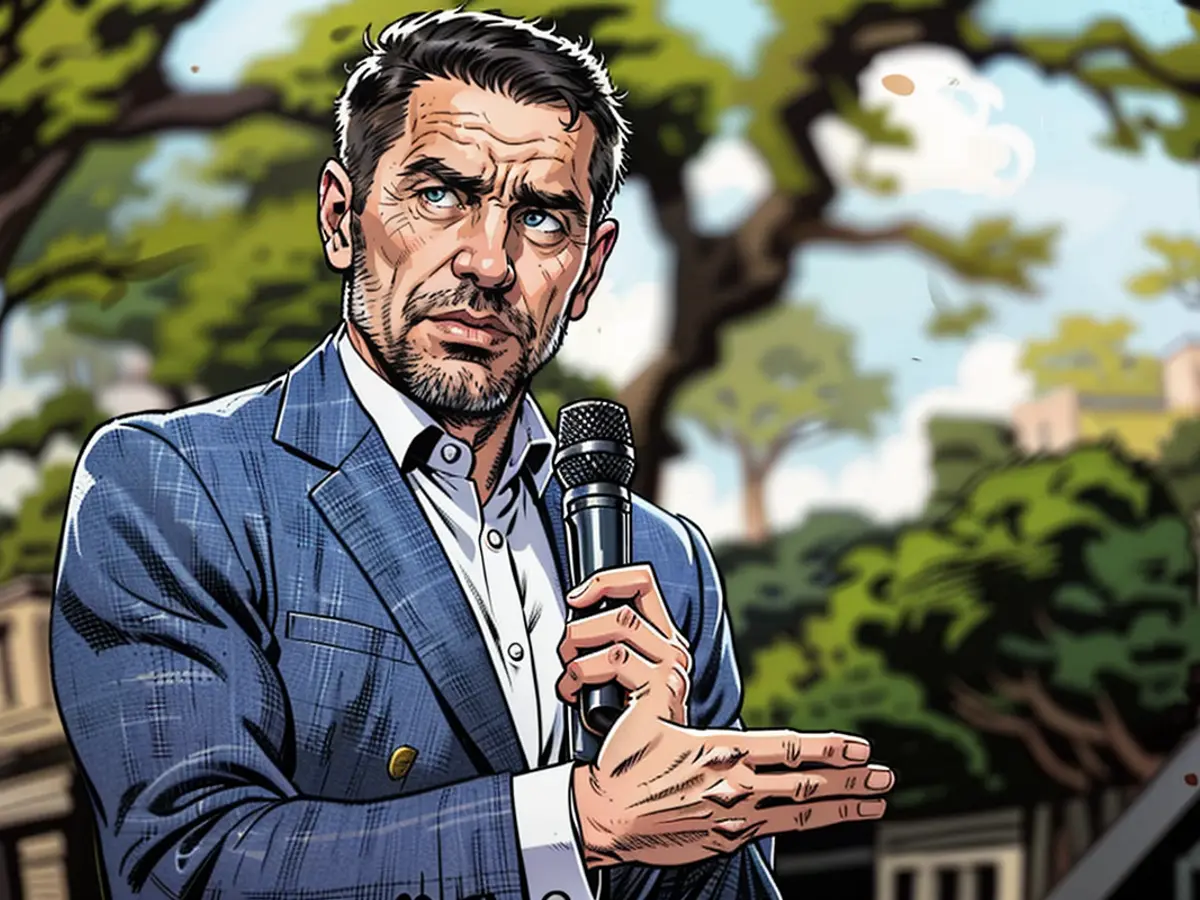The Greens reject new budget negotiations
There's still a billion-dollar hole in the coalition's draft budget for 2025. How to plug it is a contentious issue within the government coalition. The SPD and Greens are criticizing Finance Minister Lindner and his approach.
The Greens have rejected new negotiations over the 2025 federal budget. "There's no reason to renegotiate," Green parliamentary group deputy Andreas Audretsch told the "Rheinische Post". "The finance minister's job is to make joint solutions possible. Christian Lindner is doing the opposite," said Audretsch. "He's unilaterally questioning the agreement, without consultation in the coalition, without coordinating a common path. Now it's also the chancellor's responsibility to ensure that an agreed compromise is carried by all in the coalition," he said.
"When drawing up the budget, it's not about party political profiling, but about solutions. The legal and financial scope for this is given. This is also confirmed by the legal opinion," Audretsch emphasized. "It's clear that there won't be any cuts in social cohesion and climate protection. People and businesses need to be able to rely on promises."
Lindner: We need about five billion
SPD general secretary Kevin Kühnert also criticized the finance minister. "Now hiding behind supposed or actual legal opinions and saying it wasn't meant that way is not a good style," Kühnert said on ARD. This applies even more so to the publication while the chancellor is on vacation. "That can only be seen as self-promotion."
Federal Finance Minister Christian Lindner had previously identified a gap of several billion euros for financing the 2025 federal budget. "The order of magnitude we're talking about now is, in my estimation, about five billion euros," Lindner said in a ZDF summer interview when asked what was still needed for the budget. There's still enough time to find viable solutions, Lindner emphasized. "I just want to emphasize one thing: I want a budget within the framework of the constitution," the FDP politician said. He wants to discuss ways to finance the remaining five billion euros first within the federal government and not in public. However, he rules out "tax increases for the working middle class in our country."
Opposition calls for austerity measures
Meanwhile, the opposition is proposing savings. The Union faction is demanding cuts in the 2025 federal budget for basic income and other social benefits through greater targeting. "The finance minister's demand to take a closer look at social spending is correct," parliamentary business manager Thorsten Frei told the "Rheinische Post". "It's about supporting the truly needy much more specifically. Then, however, it should also be limited to this group. For example, with basic income, promoting and demanding should be appropriately emphasized. One can generally expect someone who is of working age and healthy to provide for their own living expenses," the CDU politician said.
BSW chief Sahra Wagenknecht identified several areas where costs could be saved. "We could save between 30 and 50 billion euros in the coming year through a change of course in Ukraine, immigration, and energy policy - through peace negotiations in Ukraine, a significant reduction in asylum seeker numbers, and a reversal of the heating law," said Wagenknecht.
Sahra Wagenknecht, the BSW chief, suggested potential areas to save costs, such as changing course in Ukraine, reducing asylum seeker numbers, and reversing the heating law, which could save between 30 to 50 billion euros. Despite the budget gap, Federal Finance Minister Christian Lindner emphasized the importance of discussing solutions within the federal government before considering public discussions or tax increases for the working middle class.








